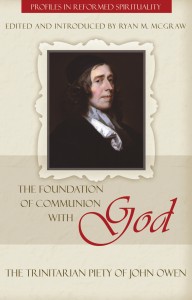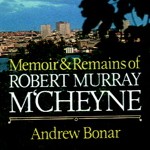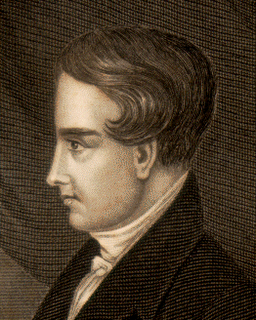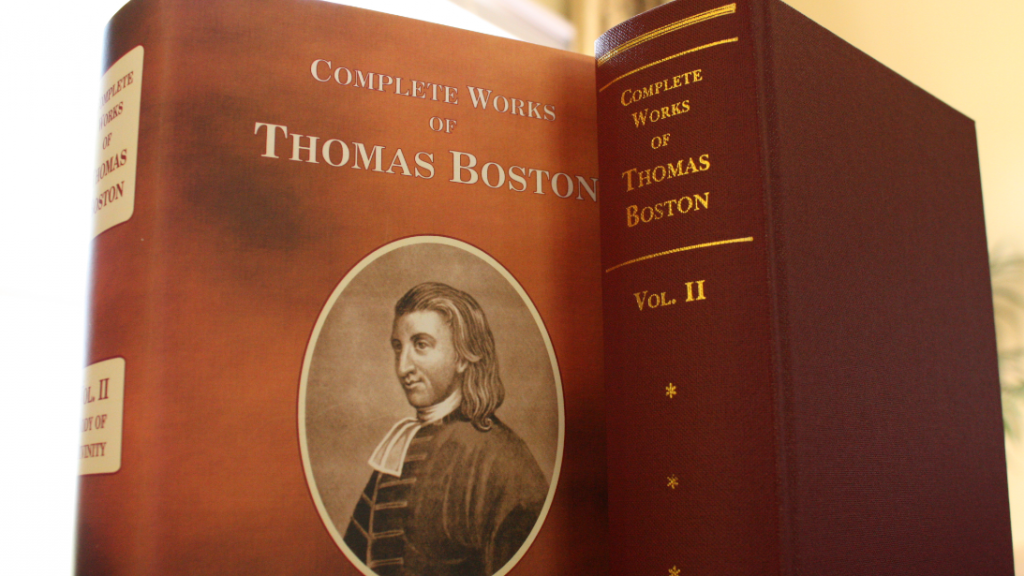On weeks when I don’t preach, like this one, I aim to place myself on unusual watch against Satan’s schemes. He rages at all times, but in my own experience it’s weeks like these that he bears his lion-teeth with uncommon fervor.
In addition to the word, prayer, and fellowship I have found Thomas Brooks’ classic Precious Remedies Against Satan’s Devices to be of great help. His final chapter on “10 Special Helps and Rules Against Satan’s Devices” worth revisiting whenever you feel the Worm is raging. Consider these helps and rules this week as you strive against Satan.
10 WAYS TO FIGHT AGAINST THE ENEMY
Walk by rule of the Word of God. (Prov. 12:24; Gal. 6:16) He who walks by rule, walks most safely; he who walks by rule, walks most honorably; he who walks by rule, walks most sweetly. When men throw off the Word, then God throws them off, and then Satan takes them by the hand, and leads them into snares at his pleasure.
Take heed of vexing and grieving of the Holy Spirit of God. Ah! if you set that sweet and blessed Spirit a-mourning, who alone can secure you from Satan’s depths—by whom will you be preserved? Man is a weak creature, and no way able to discover Satan’s snares, nor to avoid them—unless the Spirit of the Lord gives skill and power.
Labor for more heavenly wisdom. It is not the most knowing Christian—but the most wise Christian, who sees, avoids, and escapes Satan’s snares. ‘The way of life leads upward for the wise,’ says Solomon, ‘that he may depart from hell beneath’ (Prov. 15:24). Heavenly wisdom makes a man delight to fly high; and the higher any man flies, the more he is out of the reach of Satan’s snares.
Make immediate resistance against Satan’s first motions. He who will play with Satan’s bait, will quickly be taken with Satan’s hook! The promise of conquest is given to resisting, not to disputing: ‘Resist the devil, and he will flee from you’ (James 4:7).
Labor to be filled with the Spirit. He who thinks he has enough of the Holy Spirit, will quickly find himself vanquished by the evil spirit. Therefore labor more to have your hearts filled with the Spirit than to have your heads filled with notions, your shops with wares, your chests with silver, or your bags with gold; so shall you escape the snares of this fowler, and triumph over all his plots.
Keep humble. An humble heart will rather lie in the dust than rise by wickedness, and sooner part with all than the peace of a good conscience. Humility keeps the soul free from many darts of Satan’s casting, and snares of his spreading; as the low shrubs are free from many violent gusts and blasts of wind, which shake and rend the taller trees. He who has a gracious measure of humility, is neither affected with Satan’s offers nor terrified with his threatenings.
Keep a strong, close, and constant watch (1 Thess. 5:6). A sleepy soul is already an ensnared soul. That soul that will not watch against temptations, will certainly fall before the power of temptations. Shall Satan keep a crafty watch, and shall not Christians keep a holy spiritual watch? Watchfulness is nothing else but the soul running up and down, to and fro, busy everywhere. Watchfulness is the heart busied and employed with diligent observation of what comes from within us, and of what comes from without us and into us.
Keep up your communion with God. Your strength to stand and withstand Satan’s fiery darts is from your communion with God. A soul high in communion with God may be tempted—but will not easily be conquered. Such a soul will fight it out to the death. Communion with God furnishes the soul with the greatest and the choicest arguments to withstand Satan’s temptations.
Do not engage Satan in your own strength—but be every day drawing new virtue and strength from the Lord Jesus. Ah, souls! when the snare is spread, look up to Jesus Christ, who is lifted up in the gospel, as the brazen serpent was in the wilderness, and say to him, “Dear Lord! here is a new snare laid to catch my soul, and grace formerly received, without fresh supplies from your blessed bosom, will not deliver me from this snare. Oh! give me new strength, new power, new influences, new measures of grace, that so I may escape the snares!”
Be much in prayer. Prayer is a shelter to the soul, a sacrifice to God and a scourge to the devil. There is nothing that renders Satan’s plots fruitless like prayer; therefore says Christ: ‘Watch and pray that you enter not into temptation’ (Matt. 26:41). You must watch and pray, and pray and watch, if you would not enter into temptation.’











